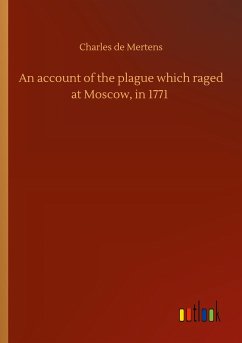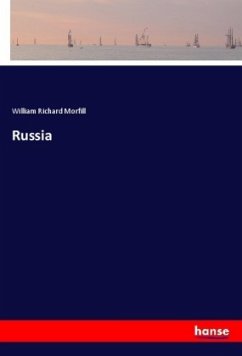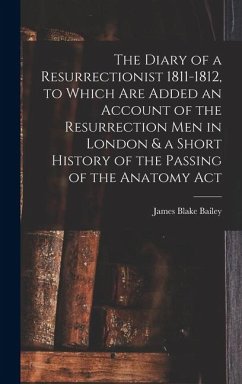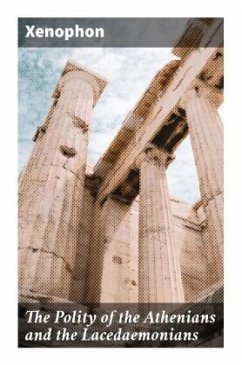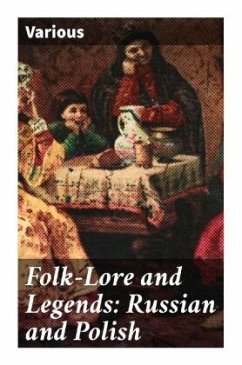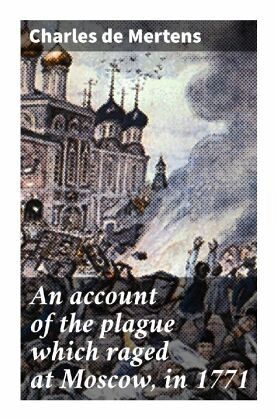
An account of the plague which raged at Moscow, in 1771
Versandkostenfrei!
Versandfertig in 6-10 Tagen
6,99 €
inkl. MwSt.
Weitere Ausgaben:

PAYBACK Punkte
3 °P sammeln!
In "An Account of the Plague Which Raged at Moscow, in 1771," Charles de Mertens provides a meticulously detailed narrative of the catastrophic outbreak that swept through Moscow, drawing on his firsthand observations and empirical data. De Mertens employs a blend of vivid descriptive prose and analytical inquiry, situating the plague within the broader context of 18th-century epidemiology and social response to crises. His work not only documents the immediate impact of the epidemic but also serves as a reflective commentary on human resilience and societal structures grappling with unprecede...
In "An Account of the Plague Which Raged at Moscow, in 1771," Charles de Mertens provides a meticulously detailed narrative of the catastrophic outbreak that swept through Moscow, drawing on his firsthand observations and empirical data. De Mertens employs a blend of vivid descriptive prose and analytical inquiry, situating the plague within the broader context of 18th-century epidemiology and social response to crises. His work not only documents the immediate impact of the epidemic but also serves as a reflective commentary on human resilience and societal structures grappling with unprecedented calamities. Charles de Mertens was a keen observer and participant in the European intellectual milieu, whose experiences in Russia shaped his understanding of disease and its social implications. His background in natural philosophy and medicine informed his approach to documenting the plague, emphasizing both its biological reality and its socio-cultural ramifications. This dual perspective is reflective of the Enlightenment's burgeoning interest in empirical observation, as scholars sought to understand the natural world through reason and evidence. De Mertens' account is recommended for both historians and general readers intrigued by the intersection of medicine, society, and history. This seminal work not only provides a compelling narrative of a pivotal historical event but also invites readers to reflect on the perennial challenges of public health, making it a crucial addition to the discourse on epidemics and societal vulnerability.




